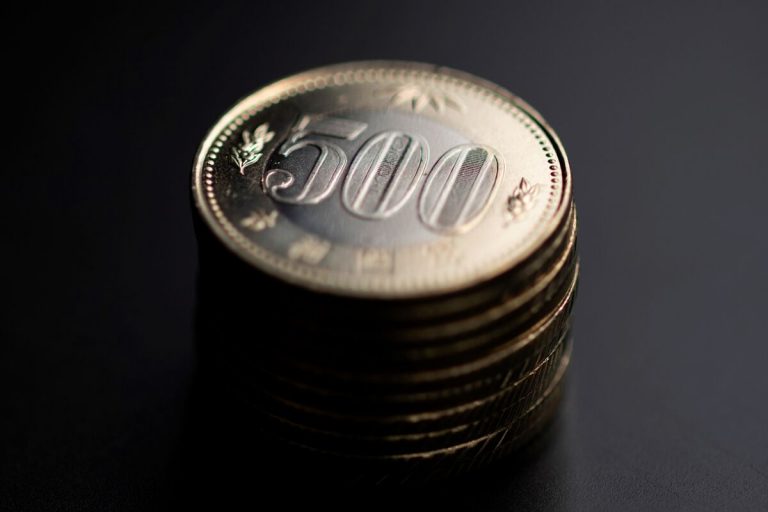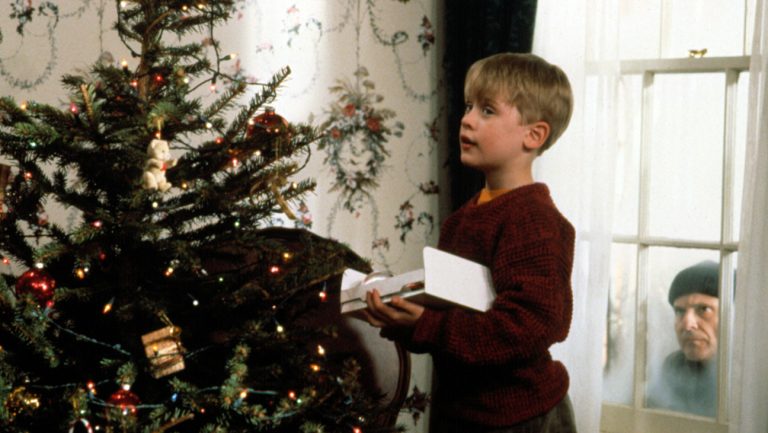
“Microsoft’s outperformed just about every other asset I could have owned. It’s a little hard to say that it hasn’t worked out.” Read More
Billionaire Steve Ballmer has more than 80% of his portfolio in Microsoft stock and advises everyday investors to ‘keep it simple’

Estimated read time
1 min read
You May Also Like
Did Japan Intervene to Prop Up the Yen? How We Might Know
December 25, 2024
Oil Gains in Thin Pre-Holiday Trading With Focus on China, Trump
December 25, 2024
Gold Steadies as Traders Focus on Uncertain 2025 Rate Path
December 25, 2024
More From Author
How the ‘Home Alone’ Parents Were Able to Afford That House (Exclusive)
December 25, 2024
Uniswap Tokens worth $8.45m transferred by USV to Coinbase
December 25, 2024

























+ There are no comments
Add yours